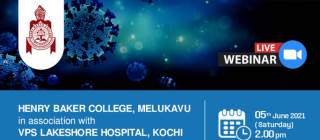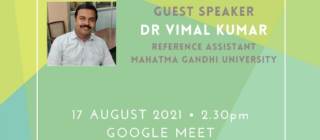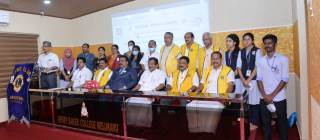Programme Offered
UG Programmes
B.Com Co-operation (Aided)

PG Programmes
M.Com Finance and Taxation

Certificate Programmes
Behavioral Finance

Entrepreneurship Development

Environmental Ethics

Income Tax

R Software

Research Methodology

Soft Skills

Open Courses
Fundamentals of Accounting




